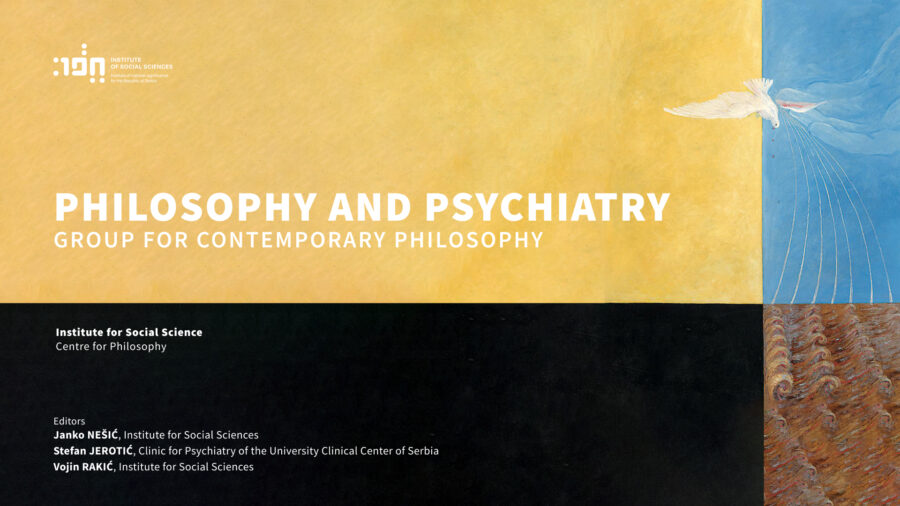In his presentation, Dr Eisuke Sakakibara will propose the concept of implicational injustice as a novel type of epistemic injustice.
The concept of epistemic injustice provides a theoretical framework for considering ethical issues arising in interpersonal communication. This presentation proposes the concept of implicational injustice as a novel type of epistemic injustice. An implicature is a message that a speaker does not explicitly state but is implicitly communicated by an utterance. Because the speaker does not explicitly state the implicature, it may be overlooked by the hearer. This oversight of implicature is likely to occur when the hearer prematurely terminates the search for relevance or when there is informational inequality between the speaker and the hearer.
If premature termination or information inequality is caused by the hearer’s prejudice against the speaker or due to the undue ignorance of the speaker, the oversight of implicature is deemed an implicational injustice. This presentation offers several examples of the oversight of implicature and implicational injustice in doctor-patient communication, where patients’ attempts to convey psychosocial messages to their physicians are often overlooked. Implicational injustice can be considered a novel subtype of epistemic injustice that is different from testimonial injustice, silencing, and interpretative injustice. Implicational injustice prevents the sufferer’s full participation in epistemic collaboration and can also inflict secondary harm, such as negative effects on clinical decision-making.

The lecture will be online only and you can participate via the following link:
https://zoom.us/j/98208597661?pwd=YAHH0hM73TvN5MXyFhevohXvRxgwg8.1
Meeting ID: 982 0859 7661
Passcode: 931668

